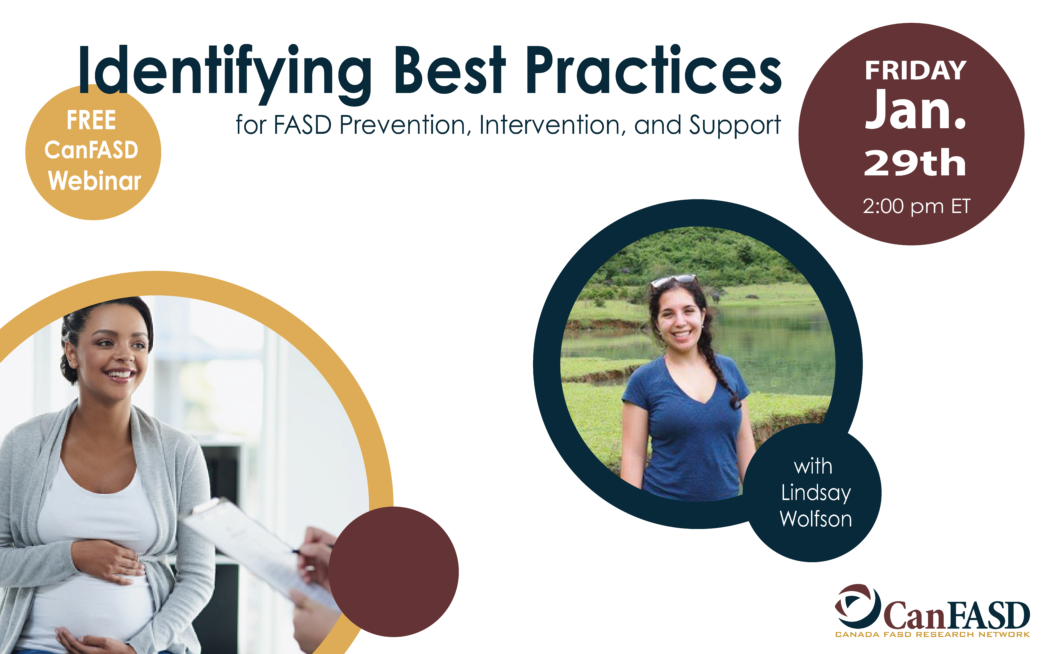There have been many studies on youth transitioning out of the foster care system. Yet, little research has focused on transition-aged youth who have disabilities. Researchers suggest that youth with developmental disabilities who live in the foster system and ‘age out’ have increased risks and vulnerabilities, such as problematic drug and alcohol use, homelessness, poverty, chronic medical conditions, and criminal justice involvement.
Article Summary #17: Review of Transition Planning Tools for Youth with FASD
The researchers of this study reviewed the literature on transition planning processes for youth with FASD across Canada to determine the strengths and challenges of the existing tools and provide some recommendations for families to successfully navigate the transition from youth to adulthood.
Article Summary #16: Collaborative Action on FASD Prevention
This Article Summary is part of our CanFASD Connect Top Articles Summary Series. Over the next several months, we will be bringing you summaries of all the recent research papers from our list of the Top FASD Articles of 2019. This is an overview of a recent research paper called Collaborative Action on Fetal Alcohol Spectrum Disorder Prevention: Principles for Enacting the Truth and Reconciliation Commission Call to Action #33.
Article Summary #15: Prenatal care of women who give birth to children with FASD
Documenting if women who gave birth to children with FASD had access to adequate prenatal health care is the first step in understanding the role that these services play in helping to reduce prenatal alcohol exposure. However, few studies have investigated the rates of prenatal care use by women who have given birth to children with FASD.
Article Summary #13: Barriers to screening for alcohol and drug use
Although health care professionals in maternity care settings play a major role in screening, researchers have shown that this screening is not consistently occurring. Existing research has identified some of the barriers that women who are pregnant face when accessing prenatal care, however, very little research has been done to explore the barriers that primary care workers face when providing care.
Article Summary #12: Technology-Based Interventions Among Women of Childbearing Age
Many behavioural interventions have been developed aimed at reducing alcohol and illicit drug use among women of childbearing age. However, these traditional interventions are not always effective. Technology-based interventions (TBIs) have many advantages over traditional interventions.There is growing evidence demonstrating the effectiveness of TBIs in changing health behaviours, but it is unclear whether TBIs are useful in preventing or reducing substance use.
‘Falling through the cracks’: The impacts of COVID-19 on people with FASD
This pandemic has been challenging for all of us. But for those with disabilities and those who are disadvantaged in systems already, these challenges are much greater. This is the case for most individuals with FASD and their families. In some cases, families have been able to cope better during this time, finding comfort in limited societal expectations. However, many are struggling.
5 Tips for Those Going Dry this January
Reducing your alcohol consumption can have a big impact on your physical and mental health. For women who are pregnant or at risk for becoming pregnant, going alcohol-free is important for their health and that of their future child. Whether you are committing to reducing your alcohol consumption this January, or you are pregnant and going alcohol-free, here are five tips to help you achieve your goals.
FASD and Adverse Childhood Experiences
Researchers from CanFASD and other partner organizations have recently published a new paper on FASD and early life adversity called Characterizing Adverse Childhood Experiences among Children and Adolescents with Prenatal Alcohol Exposure and Fetal Alcohol Spectrum Disorder. You can access the paper for free until February 19th. FASD and Adversity Individuals with prenatal alcohol exposure (PAE) and FASD experience brain-based … Read More
New Webinar: Identifying Best Practices
Register now for our first webinar of 2021: Identifying Best Practices for FASD Prevention, Intervention, and Support! This 60-minute webinar with CanFASD Researcher, Lindsay Wolfson, will be held on January 29, 2021, at 2:00pm EST. More and more online opportunities for professional development are popping up in our increasingly virtual environment. Although there are lots of courses out there for … Read More
- Page 1 of 2
- 1
- 2





